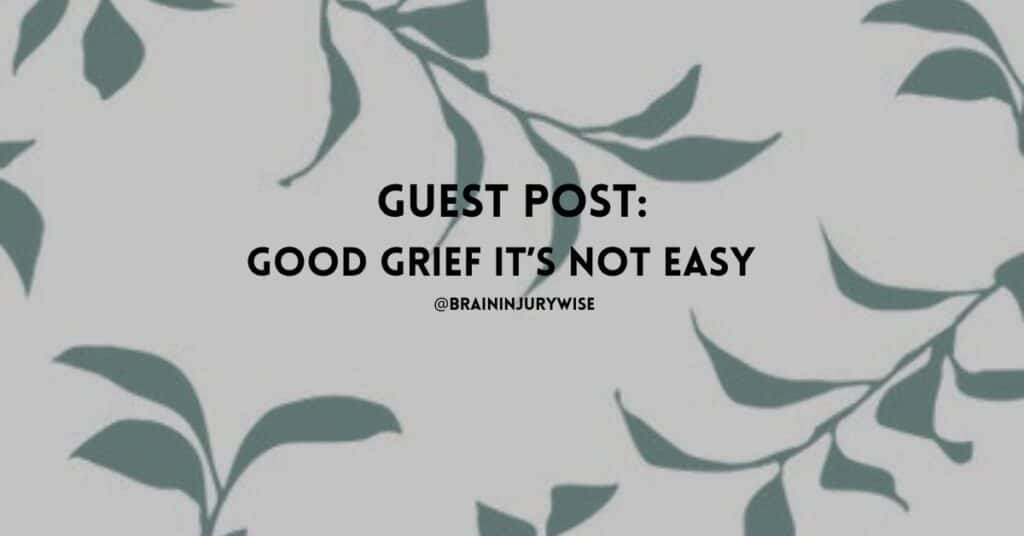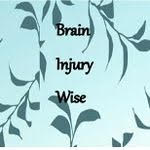
When you hear that someone is grieving, you typically envision them as sad, crying, or in other ways somehow trying to deal with a loss. But grief actually has a wider array of symptoms, and ones you may never have associated with. Now I should say, I am not a grief expert or scholar, but I do have a lot of lived experience. I have a history with grief in so much as I have made it a companion of sorts. It’s never too far away, and I can notice it showing its face in many of my daily routines. I guess my travels with grief started when I was in high school when my boyfriend at the time was killed in front of my eyes in a boating accident. I was sitting right beside him when the other boat struck. Then another high school friend was killed by a drunk driver. I have experienced the death of workmates, relatives, pets and some relationships. Oh yeah, and a career ending car accident that resulted in a brain injury.
It’s Painful To Watch Someone Decline
The funny thing I’ve learned though, is that grieving an event that has come and gone, is far easier than grieving a long slow loss such as that of my parents mental and physical capacities. These losses are ongoing, ambiguous in that they stay with you as unresolved, and are painful. They are not unlike the losses I have suffered as the result of my car accident. They were a slow realization that I have lost physical abilities, mental capacities and the skill sets that helped me raise a family and participate in society through a full- time professional career. It is simply painful to watch a decline, whether it is my parents, or my own. My parent’s losses are like further losses of myself in a way. These were fundamental to who I am/was. But these are observations. Curious musings about grief as my experience with it continues. My original thoughts about grief, long before the losses I sustained, were that it is hard, certainly unwelcome, and to be avoided at all cost.
Grief is never supposed to be an easy companion, or something that you can just shake away. Grief is a process. It is an entity that visits, goes away for a while, then returns, and sometimes completely without notice. But let me get back to what grief actually looks like. Yes it’s sadness. But it can revisit over and over again in many other ways such as impatience, emotionality, perfectionism, rigidity, anger, criticism (of self/others), overconfidence, judgementalism, hyperactivity, and difficulty navigating some relationships. Anxiety can also play a big role as sometimes we fear further grieving if the risk is high to have to take on more. The problems start when we are afraid to live for fear of more grief because we are completely saturated with it and have no further capacity to take on more. This is an indication our mindset needs to change.
Grief is a Reminder That We Are Human
Grief is not something we need to let bury us alive. It is processable. It is livable. And it even serves a purpose. I have actually come around to being thankful for grief in my life. It has allowed me the opportunity to take notice of myself and understand the how’s and why’s of my choices and behaviors. It is like a flour mill where raw emotions can be processed and ground down to a far more palatable format. Grief is there for a reason and it is cyclical. One day our children will be grieving losses related to us, and/or our physical selves. Grief is a reminder that we are human and get to live in the processes of life. It is actually a good reminder that we are fully alive, real, raw, and willing to put in the hard work of processing the difficult emotions that come with loss.
“Life is a series of losses” (Paul TP Wong) so that means the grief cycle is kept alive and well. But this is not meant to be depressing reading. For “we can still live with a profound sense of fulfillment despite the losses, only if we master the art of letting go.”(Paul TP Wong). Thinking we can hang onto everything and everyone is a recipe for self-destruction. From our first experiences with loss like losing our teeth in childhood, to the more complex like losing ability through accident/injury, we come to realize that loss is actually a big part of ourselves and our lives. No one can escape it. But if we can expect loss, recognize and welcome grief, allow emotion, and be kind to ourselves in the process, we can live fully while grieving. Or grieve so we can live fully. Or live fully while we grieve….or……Round and round we go!
Grief is expected, part of life, cyclical and difficult. It is not easy, ignorable, rush-able or linear. Good grief!! Where will I find you today???
For more information on Brain Injury Wise please visit: braininjurywise.com and we also encourage you to follow their story on instagram at Brain Injury Wise.







So true!